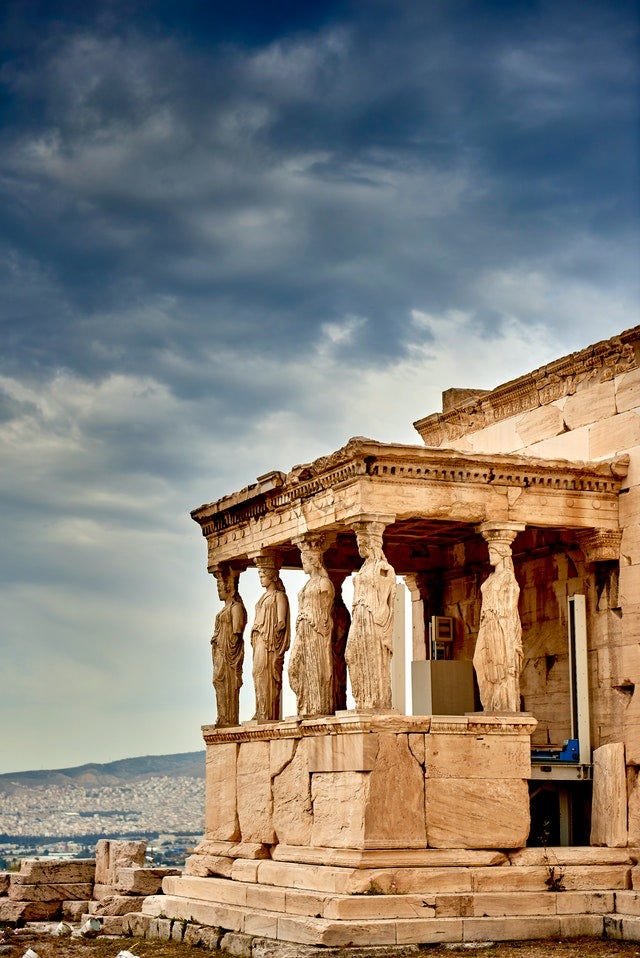Dear friends of Daily Philosophy,
here we are, back to our project of trying out six philosophies of life in the course of one year! I’m happy to welcome many new readers to this list and I hope that you will find something of value in these articles. Whenever you feel like commenting, you can either write me directly by replying to these emails, or you can leave comment below:
If you like what you read, please also feel free to…
Thanks!
In the past week, we had a new article on Daily Philosophy by Australian/Greek researcher Eva Anagnostou-Laoutides: “Plato and the Ancient Politics of Wine.” This is a long and somewhat scholarly but fascinating read about the attitude of the ancient Greeks toward drunkenness and genius. It is interesting that this seems to be something that we find in different cultures: the idea that “being drunk” is somehow related to being “inspired” (note the word: “inspired” as in incorporating spirits or the spirit in one’s body). The Chinese have their Seven Sages of the Bamboo Grove, Americans the Beat Generation, the English have had Lord Byron; and the Greeks, as Anagnostou-Laoutides shows us, have had Socrates:
In fact, a careful reading of the Symposium reveals that Plato’s comparison of Socrates with the Satyrs relies exactly on the discrepancy between appearances and essence: like the funny-looking statues of Satyrs and Silens, sold in craft shops all around the ancient marketplace at Athens, contained images of gods when opened inside, so Socrates’ unassuming words contained life-altering truths.
Read the full article here on Daily Philosophy and stay tuned for the second part on the coming Monday!
Also this week Daily Philosophy published the article I sent you here last week. In case you’re new here or you’d like to read it from within the comfort of your web browser, here it is: What Does Stoic Mean?
And now, let’s jump right into today’s topic. How can we utilise the main insight of Stoicism in order to live happier lives? Read on!
Three Stoic philosophers
One look at the three most prominent Stoic philosophers is enough to convince us that something quite remarkable is going on: Epictetus (55-135 AD) was born a slave. Seneca the Younger (4 BC-65 AD) was a celebrated philosopher and writer, and teacher to a crazy emperor of Rome. And Marcus Aurelius (121-180 AD) was himself the Emperor of Rome for almost twenty years. But he was also a soldier, and he died in the forests of what is now Austria, fighting the Germanic tribes that threatened Rome.
One slave, one man of society and letters, one soldier emperor: and they all shared the same philosophy of life. They all were Stoics. What philosophy could appeal to such a diverse collection of people, informing the lives of slaves and emperors alike? And could it be that such a flexible philosophy might also help us make sense of our own lives today?
Keep reading with a 7-day free trial
Subscribe to Daily Philosophy to keep reading this post and get 7 days of free access to the full post archives.




